Accounting: A Very Short Introduction (Very Short Introductions)
£7.10£8.50 (-16%)
This Very Short Introduction provides a guide to understanding and using accounting information. Christopher Nobes explains the main areas of accounting work, from bookkeeping and financial reporting to auditing and management accounting.
ABOUT THE SERIES: The Very Short Introductions series from Oxford University Press contains hundreds of titles in almost every subject area. These pocket-sized books are the perfect way to get ahead in a new subject quickly. Our expert authors combine facts, analysis, perspective, new ideas, and enthusiasm to make interesting and challenging topics highly readable.
Read more
Additional information
| Publisher | Illustrated edition (27 Mar. 2014), OUP Oxford |
|---|---|
| Language | English |
| Paperback | 160 pages |
| ISBN-10 | 0199684316 |
| ISBN-13 | 978-0199684311 |
| Dimensions | 17.27 x 2.29 x 10.92 cm |

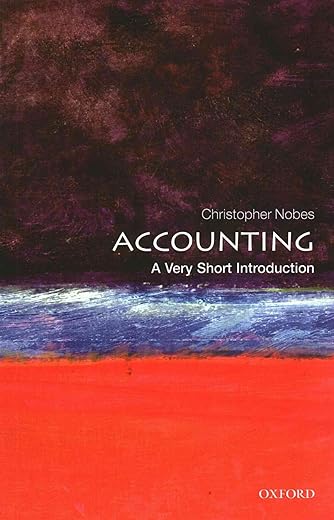
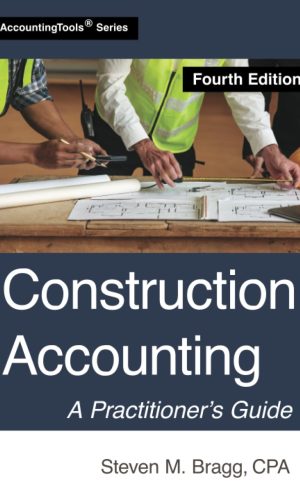
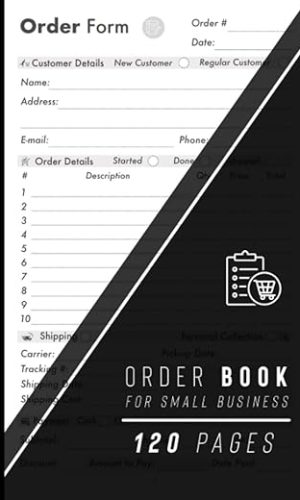

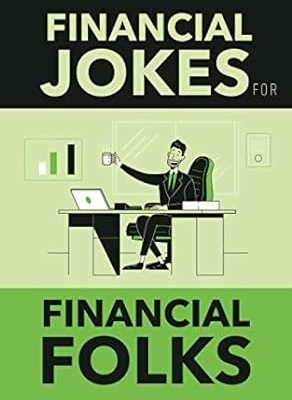
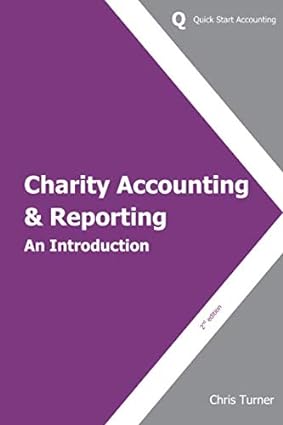
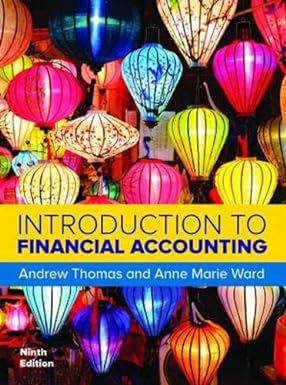
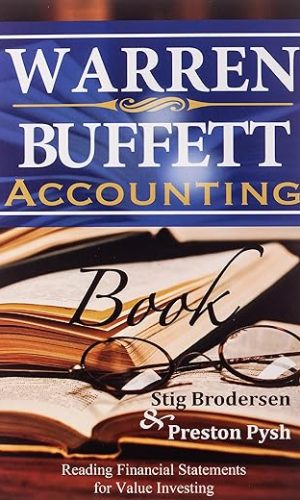

by Christopher J. Napier
I have to declare an interest as Chris Nobes is a colleague. It’s about time that OUP’s series “A Very Short Introduction” reached accounting. This book shows that accounting is much more than a dry and technical subject. Chris gets into the historical development of accounting, discusses how accounts can be manipulated, and shows the main uses of accounting for managing organisations and providing information to stakeholders. The book would be a useful read for people considering studying accounting, and also for investors who don’t know how to make sense of company accounts.
by FlimFlam
Hardly likely to be riveting, I realise, but the author could have made a little more attempt at humour or provide stories of accounting derring-do etc.
by Mark Whittington
Quite how easy it is for a newcomer to take this in without some need to do exercises is questionable (but an issue with the style of the series perhaps. Quite possibly no one knows more about international accounting than the author and he explains with clarity.
The older I get the more I perceive accounting is more than just about straightforward £ numbers and is also a mechanism for valuing the non-financial (e.g. Environmental) if measured. It also facilitates the influencing / controlling of people in ways that even those doing it may take for granted as being a necessary and ethical part of “the system”. A few more hints of this may have possible even in this format.
by Is it just me?
Graduated from uni and nearly fully qualified and still haven’t finished reading it. It’s not easy to get into for someone without an accounting background though it is very well written
by Stephen
This is a very clear and comprehensible introduction to a subject which has its own share of mystique. The author deals well with the key elements, notably double-entry book-keeping. There is an emphasis on financial accounting, apparently the author’s own area of expertise, and the approach is based almost entirely on commercial companies, so other types of organisation (i.e those using income and expenditure rather than profit and loss) do not get much of a look in. Still, a good addition to this series, and recommended.